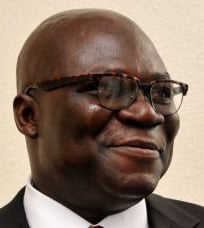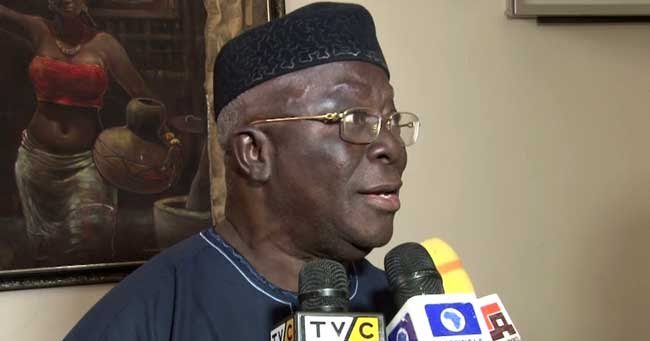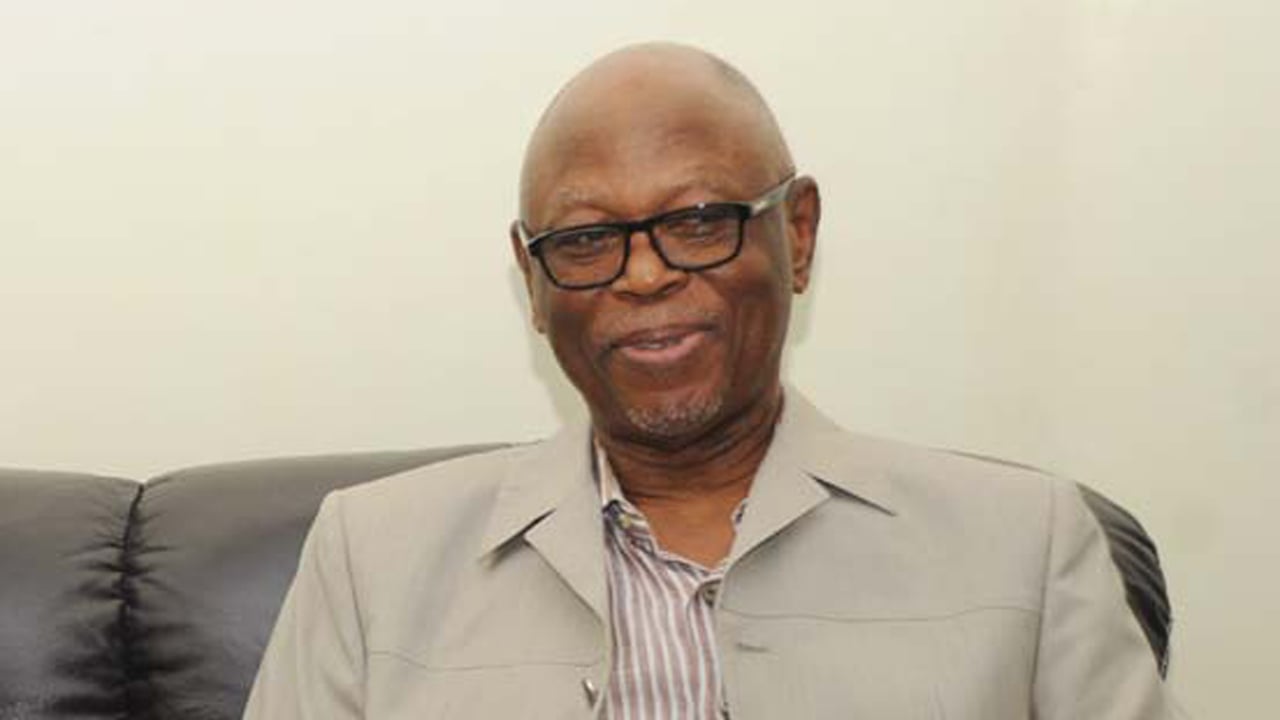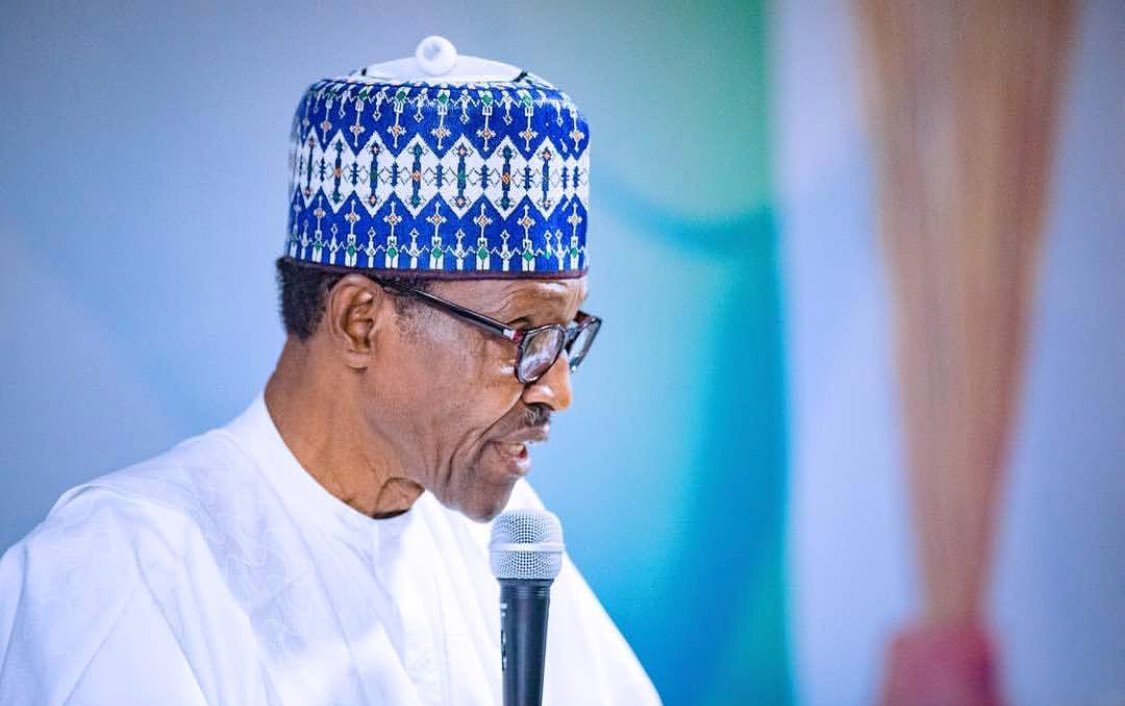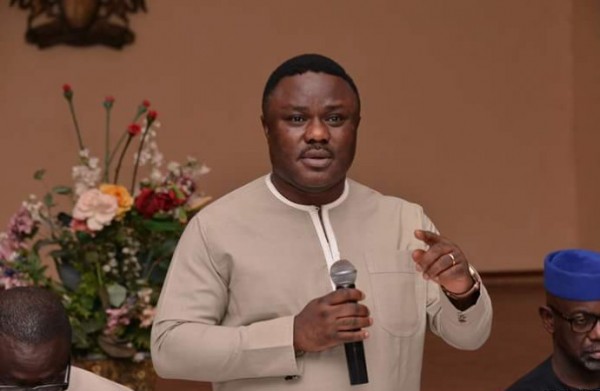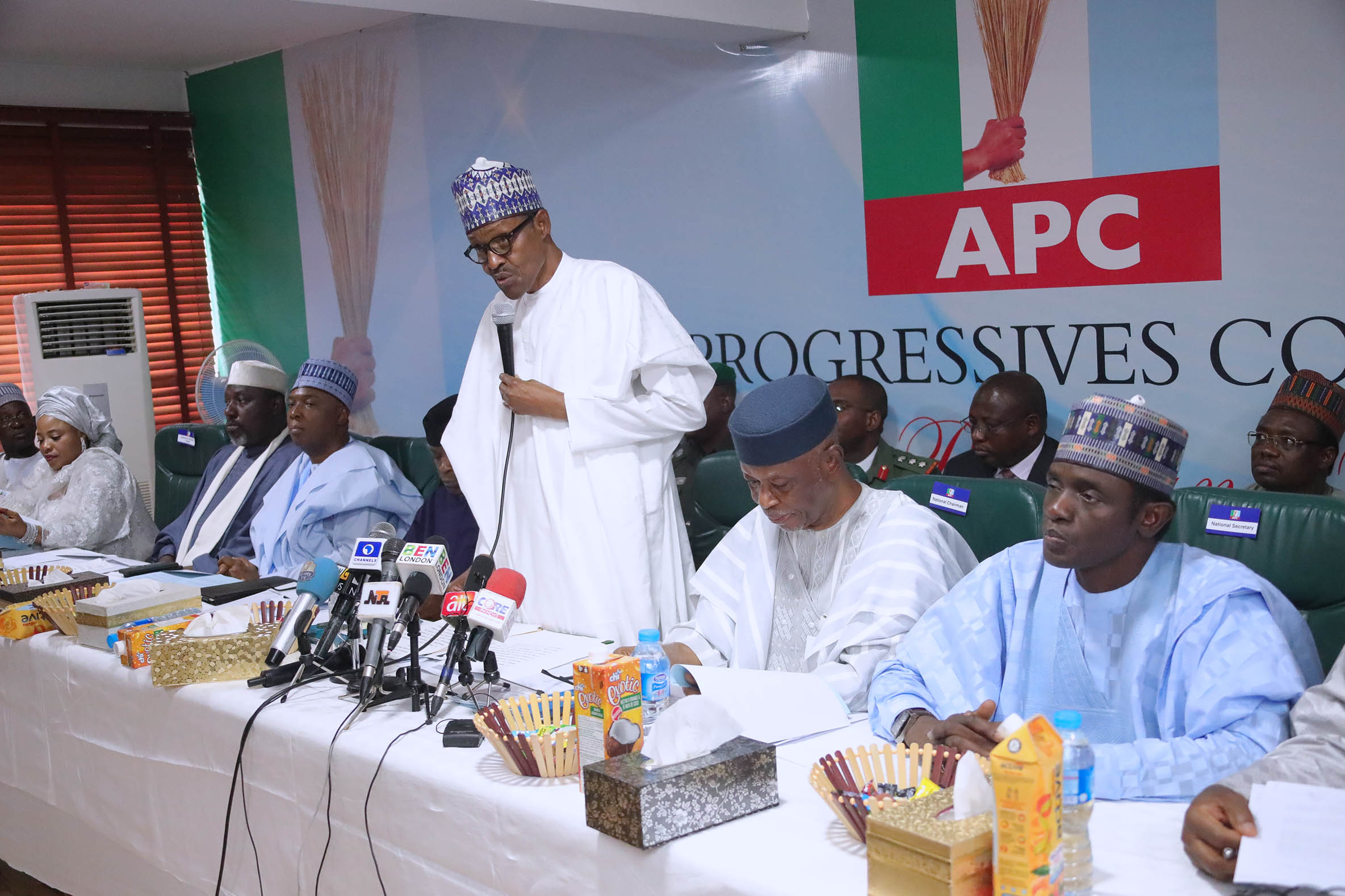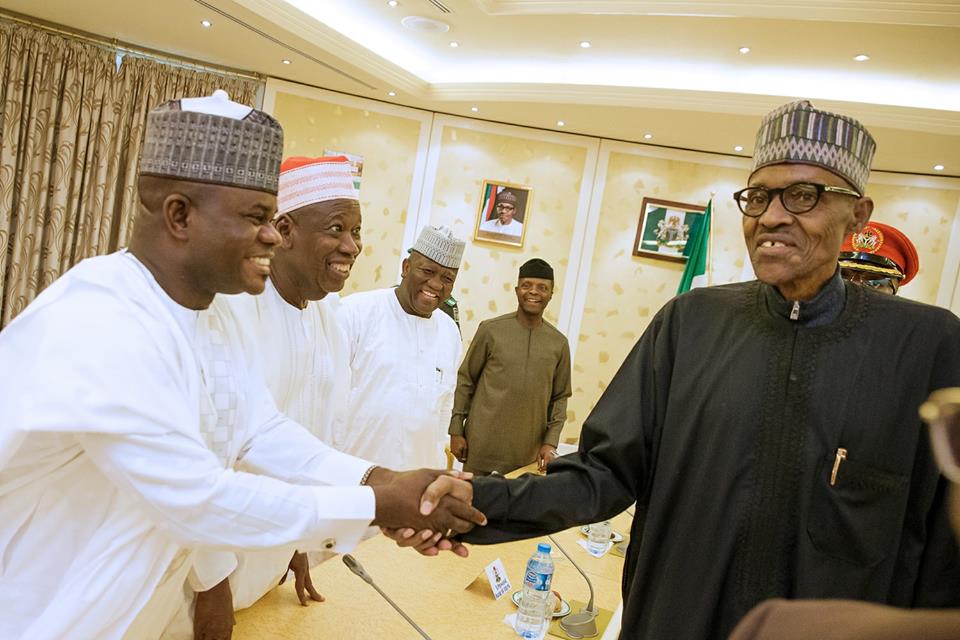When friends, family and political associates gather in Ijebu-Ogbo, Ogun state today, to celebrate the 90th birthday of Chief Ayo Adebanjo, they will be honouring a radical and progressive politician, a lawyer, elder statesman, a patriot, and a nationalist of Yoruba extraction, who is without doubt, one of the most remarkable politicians of his generation and a voice of reason in the Nigerian politics of the 20th century and early 21st century. In a country where life expectancy is 53, “one of the most dangerous places to give birth” according to Bill Gates, a house which Karl Maier describes as “fallen”, the attainment of the nonagenarian grade is no mean feat.
Born on April 10, 1928, barely six years after the Clifford Constitution and the first legislative elections in Nigeria, Adebanjo has lived through the finest and ugliest moments of Nigerian history: the constitutional processes, the struggle for independence, party politics leading to independence and after, the civil war, military rule, return to democracy, the struggle for the protection of democracy and civilian rule, and the bigger struggle of ensuring the survival and development of Nigeria. He joined the struggle early in 1943, as a Zikist, as a follower of Dr. Nnamdi Azikiwe but in 1951, he became a member of the youth wing of the Action Group, and a mentee and political disciple of late Chief Obafemi Awolowo. This became the defining moment of his life and 67 years later, he has remained faithful to the ideals of that political party and the ideology/political philosophy of his mentor – that is Awoism.
As Adebanjo turns 90, what is to be celebrated is not necessarily his longevity, even if there may be lessons to be learnt from his life habits – he maintains a rigorous exercise regimen, a daily routine we are told includes aerobic sessions, he neither smokes nor drinks, and for more than 60 years he has remained married to the same woman- but there are no hard and fast rules about longevity perhaps – some alcoholics live up to hundred, and some chronic womanisers outlive their own hubris- longevity, if I may essay a religious tone, is a matter of grace. Adebanjo has lived a true life of blessing and amazing grace.
In 1962, during the travails of the Action Group and Chief Obafemi Awolowo’s trial for treasonable felony, Adebanjo was charged for felony, along with 30 others. He had to flee to Ghana. He has been detained more than once for his political beliefs, but this has not altered his resolve.
Advertisement
Following the annulment of the June 12, 1993 election, which was won by Chief MKO Abiola of the then Social Democratic Party, Adebanjo was one of the chieftains of the National Democratic Coalition (NADECO). He joined protests, stood at the barricades and made his voice heard. Members of the democratic coalition and other groups in civil society were shot at, harassed, humiliated and their family members were intimidated. Used to the dangers of a political life in a dangerous society, Adebanjo’s resolve remains unshaken, even in the winter season of his life.
When he fled into exile in 1962, his father was arrested, detained and rough-handled by the state. Many of Adebanjo’s colleagues have died in the course of the struggle. Some moved to the other side of the fence. Others adjusted in later life. The very essence of Chief Adebanjo’s politics lies in his consistency, his unwavering commitment to ideas rather than opportunism, his courage in the face of fire and intimidation, the life of sacrifice that he has lived, and his loyalty to Awo and Awoism. On this last score, he may in fact be described as the last of the original Awoists.
This emphasis on ideology, party politics, and Awoism is important, as an entry point into the interrogation of Chief Ayo Adebanjo’s politics. The kind of post-politics reality that has developed in Nigeria since the early 2000s has been a politics that is not driven by any ideology or principles or core beliefs, but by the desperate search for power by any vehicle possible. For this reason, there are many politicians in Nigeria today who cannot effectively articulate what exactly they believe in or stand for, and there are many of them who in less than a decade have used up to about five political platforms of disconcertingly contradictory impressions. This is probably the reason Chief Ayo Adebanjo has stayed away in the last few years from direct party politics.
Advertisement
In 1951, he joined the Action Group, in the Second Republic, he was a member of the Unity Party of Nigeria, in the 90s, he was a member of the progressive democratic coalition; with the return to party politics in 1998, he was a member of the Alliance for Democracy which was more or less an Awoist party. When the AD seemed to have transmuted, or well, to have been compromised and something called the ACN emerged, Adebanjo kept his distance and functioned more as a leader of the Afenifere, the pan-Yoruba socio-cultural group, which till date seems more committed to the Awoist ideology.
What is this ideology?
The Action Group, the Unity Party of Nigeria, the Alliance for Democracy had consistently preached the same ideology of public good: free education, health, and prosperity for all, rural development and welfarism. It was on this platform that Chief Obafemi Awolowo transformed the Western region as leader in the First and Second Republics and it is these same principles that have continued to guide those who profess to be Awoists. But Awoism in a real sense is not just about service delivery, it is also a mode of engagement with the rest of Nigeria by a group of political actors in the Western region. These actors are committed to federalism, a restructuring of Nigeria, regional autonomy, and a re-negotiation of the mandate of 1914. In real terms, these are the same issues that have caused much political difference in Nigeria. Awoists naturally align with minorities across Nigeria, historical circumstances, particularly the civil war pitched them against Igbos, and hegemonic politics pitted them against the mainstream Northern political establishment. When this is disaggregated, the researcher will find in-between, much that relates to the ethnic, regional and religious politics in Nigeria. I will return to this shortly.
Chief Ayo Adebanjo has been one of the most vocal, most unrelenting apostles of Awoism in Nigeria. His loyalty and religious devotion should be a worthy study. He believes that Nigeria should, no, must be, restructured, and that Nigeria’s unity is indeed negotiable, the basis for that having been established in 1954 and the subsequent Lancaster House conferences.
Advertisement
As a member of the 1978 Constituent Assembly, and the 2014 National Political Conference, Adebanjo has been consistent in demanding a restructuring of Nigeria through the vehicle of a Sovereign National Conference. He believes almost with thuggish resolve in federalism, as he continually makes the point that Nigeria as presently arranged is doomed to fail. In his more recent interventions, he argues almost with Papal magisterialism, that Nigeria can only move beyond 2019, if the country is restructured.
It is however this kind of talk that exposes the contradictions at the heart of Awoism and Adebanjo’s own politics. Amitai Etzioni has written about “The Moral Dimension” in a book of the same title: The Moral Dimension: Toward A New Economics, but what he examines is not necessarily economics, but the whole range of social relations. When people assume an absolute, “They and We”, “Them and Us”, “They and I’, “We and Them” deontological ethics, they create a narratology of “I-s” and “We-s”. This is precisely what the original Awoists did and what Adebanjo does with his politics. They assume a superior moral position over everyone else, and whoever does not agree with them or deviates from their own definition of morality or duty is a villain. From Awo to Chief Anthony Enahoro, Chief Bola Ige to Chief Abraham Adesanya to Sir Olaniwun Ajayi, Bishop Gbonigi, Reuben Fasoranti, Chief Alfred Rewane, and Ayo Adebanjo, this very hubris has led to a situation whereby other Nigerians dismiss the principles that this group holds so much dear as nothing more than sheer arrogance, or at best Yoruba irridentism.
And yet the label of irredentism is most unfair because the values and principles that Adebanjo has championed in particular are patriotic ideas about the common good. He is not a nihilist. He is not an anarchist. In his entre career, he has only argued for a better Nigeria. What he and his colleagues want is nothing but a better Nigeria and they have demonstrated a capacity and a willingness to work with other Nigerians who share the same progressive ideas.
Beyond this politics, Adebanjo, originally a journalist before he went to study law in England, has proven to be media-savvy. He is not shy in expressing his views. He understands the power of the media. He is brutally frank. He is an engaging conversationalist. He enjoys public engagement. He is intellectually gifted and confident enough to hold his own in any argument. He actually enjoys engaging professional intellectuals and calling them out for duty. You can’t intimidate Chief Adebanjo. You can’t bully him. Journalists like to interview him, knowing that he will speak his mind, truthfully and forthrightly, and thus help to sell the newspaper. But when he dismisses Igbos collectively as he has done, on more than one occasion, or he calls those who disagree with him, ideologically, names as he is wont to do, he reinforces his persona as a professional opposition figure and as a self-styled superior moral force; at the same time, though, he plays up certain contradictions even at his own local, ethnic, base. Awoists by nature and choice are professional opposition politicians. There also seems to be a consensus among them that anyone who disagrees or falls out of line with them is to be vilified.
Advertisement
Chief Adebanjo in and out of party politics has upheld and sustained this tradition: the same tradition that blacklisted Samuel Ladoke Akintola, Adegoke Adelabu, Remi Fani-Kayode, Oduola Osuntokun, Meredith Akinloye, Richard Akinjide or anyone at all who dared to play “national politics” or question the core beliefs of the Awoist group. Hence, today, in his autobiography: Telling it as it is, Chief Adebanjo flagellates Olusegun Obasanjo whom he accuses of not being a Yoruba man or not being Yoruba enough, and so on. Obasanjo can defend himself, so I would leave that task to him. Bola Ige is similarly portrayed as a traitor because he chose to join national politics and work for Obasanjo. In various interviews, Chief Adebanjo is on record as having criticized Asiwaju Bola Tinubu, Professor Yemi Osinbajo and others for daring to work with either Obasanjo or Muhammadu Buhari, who in his view is nothing but a confirmed “disappointment.” The argument about either joining national politics or remaining in the opposition or acting as a moral compass has remained at the centre of Yoruba politics in Nigeria and it may never disappear so soon. Whether it is also right or wrong for a class of ideologues to constitute themselves into dictators of a regional, political ideology is a matter for interrogation. I do not intend to make any final evaluation, not yet.
But just to say that the good news about Chief Ayo Adebanjo is indeed his honesty, his commitment to the tradition of opposition politics, his loyalty and ability to go on record for his beliefs and convictions, his joie de vivre, his objection to dictatorship – military or civilian, his agelessness and the capacity to remain relevant with both the old and the young in all seasons. With him, and the likes of Chief Adekunle Ajasin, Chief Alfred Rewane, Chief Anthony Enahoro, Senator Abraham Adesanya, Chief Olaniwun Ajayi, Chief Olu Falae, Chief Reuben Fasoranti, Bishop Bolanle Gbonigi, Chief Bola Ige, Rev. Emmanuel Alayande … and their mentor, Chief Obafemi Awolowo, you never had to second-guess. You could always be sure of where they stood. We can confidently say that they don’t really make them like that anymore in this age and time when prominent politicians in Nigeria are better known for their dancing, fibbing, and singing skills, the number of women in their harems, and certainly not for the quality of their ideas or principles. Adebanjo belongs to and represents a different tradition of the politics of character and dignity and truthfulness. In recent times, he has projected a lot more of his nationalism, seeing how Yoruba politics has turned out perhaps in the hands of new stakeholders – with his support of “the handshake across the Niger” and his focus on more nationalistic issues about Nigeria’s future.
Advertisement
At 90, with all his faculties in place, Ayo Adebanjo cannot however, be under any illusion that the battle for the soul of Nigeria has been won, or that Muhammadu Buhari would preside over the restructuring of Nigeria, or that Obasanjo would suddenly be as Yoruba as he wishes him to be, but he can look back with satisfaction at the meaningful life that he has lived, the struggles that he has been part of, the legacy that he has championed, and that he has lived long enough to tell his story by himself, read his own story as told by others, and enjoy the pleasure of poking a finger or two, in the eyes of his critics. They may not give him a national honour, which he more than deserves, or name a university after him in his lifetime, but he would be respected always, most certainly, for his special service as someone who selflessly wants the very best for his own people and for all Nigerians and stands by what he believes in. Enjoy your 90th birthday sir. Have fun.
Advertisement
Views expressed by contributors are strictly personal and not of TheCable.
Add a comment
